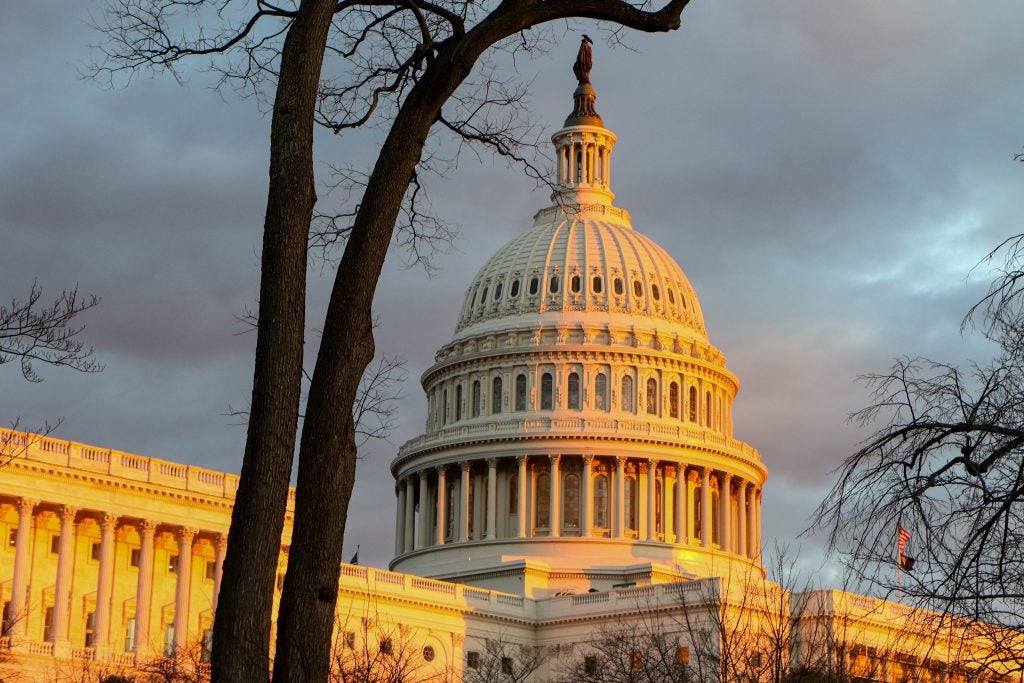UAE Intelligence Chief To Visit Washington Following Abu Dhabi Drone Attack
The United Arab Emirates’ embassy in the United States announced on Wednesday that the UAE’s Director of National Intelligence, Ali Al Shamsi, would be meeting with White House officials and representatives in Washington DC later that day. The Director was accompanied at the meetings by the UAE’s ambassador to the United States, Yousef Al Otaiba.
The announcement was part of a statement released by the embassy following a series of drone and missile attacks by Yemen’s Houthi rebels on Abu Dhabi, the UAE’s capital, on January 17. According to an embassy readout of a phone call earlier on Wednesday, Emirati Crown Prince Mohamed Bin Zayed agreed on “unity of action” in response to the attack with American Secretary of Defense Lloyd Austin, with discussions made on “urgent steps” to tighten air defenses against missiles and drones, as well as enhancing maritime security to halt weapons flows to the Houthis. Al Otaiba also called on Washington to redesignate the Houthis as a Foreign Terrorist Organization, after the Biden administration revoked the designation made during the final days of the Trump presidency last year.
The attacks during the morning of 17 January struck the Abu Dhabi National Oil Company’s oil storage plant in Mussaffah, as well as the Abu Dhabi International Airport. The attack on the oil storage plant 20 kilometers outside Abu Dhabi city resulted in three oil tankers exploding, killing two Indian workers and a Pakistani worker, as well as injuring six others. No casualties were reported in the airport attack, with authorities claiming that a small fire was started at an extension that was under construction. While only minor damage was caused, the attack resulted in a brief interruption to airport operations.
Diplomatic adviser to Emirati President Sheikh Khalifa Dr Anwar Gargash accused the Houthis of the “heinous” attack later on Monday. The Houthis subsequently claimed responsibility for the attack, saying that it was retaliation for recent territorial losses in Yemen’s Shabwa and Marib provinces at the hands of “Giants Brigade” tribal forces opposed to the Iranian-backed group. They claimed that the attack used both drones and missiles against the UAE and Saudi Arabia, with Saudi state media claiming the interception of 8 drones launched towards Saudi territory.
The UAE submitted a letter calling for a United Nations Security Council meeting regarding the attacks on Tuesday. Lana Nusseibeh, Permanent Representative of the UAE to the United Nations, described the targeting of civilian facilities as an “illegal and alarming escalation”, calling on the Security Council to “to speak with one voice and join in firmly and unequivocally condemning these terrorist attacks, which were launched in complete disregard of international law”.
Israeli Prime Minister Naftali Bennett has offered intelligence and security support to the Emirates following the attack. In a condolence letter released by his spokesperson, Bennett wrote to the Crown Prince that “I have ordered the Israeli security establishment to provide their counterparts in the UAE with any assistance, should you be interested”.
The Saudi-led coalition fighting against the Houthis in Yemen launched a series of airstrikes on the Houthi-held Yemeni capital of Sanaa following the attacks, claiming to have struck a drone launch facility among other targets. Houthi media and local medical authorities, however, report civilian casualties due to the strikes, something the coalition has drawn repeated international criticism over since the start of their intervention in 2015.

